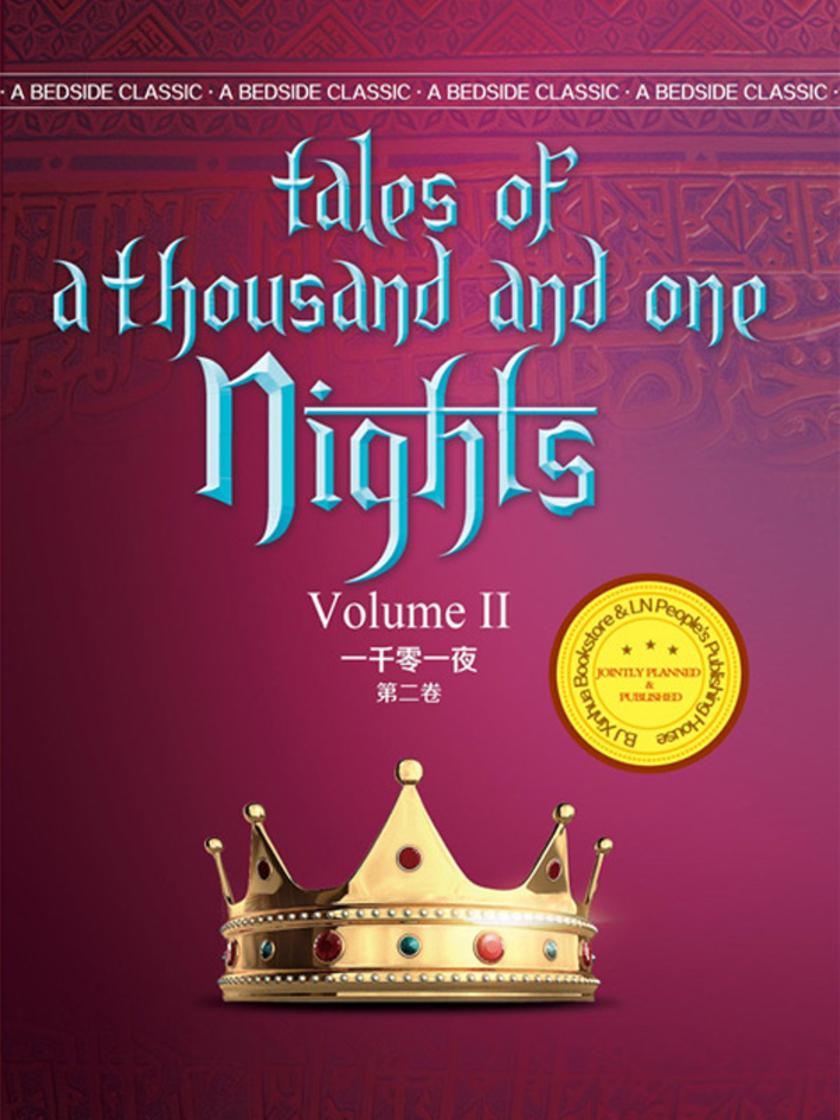
一千零一夜(第二卷)(英语文库)
¥16.99
本书被列我社“*经典英语文库”第14辑中的一种,是阿拉伯帝国创建后阿拉伯民族精神形成和确立时期的产物,共有三个故事来源:一是波斯故事集《赫左儿·艾夫萨乃》,二是伊拉克即以巴格达为中心的阿巴斯王朝时期流行的故事,三是埃及支马立克王朝时期流行的故事。
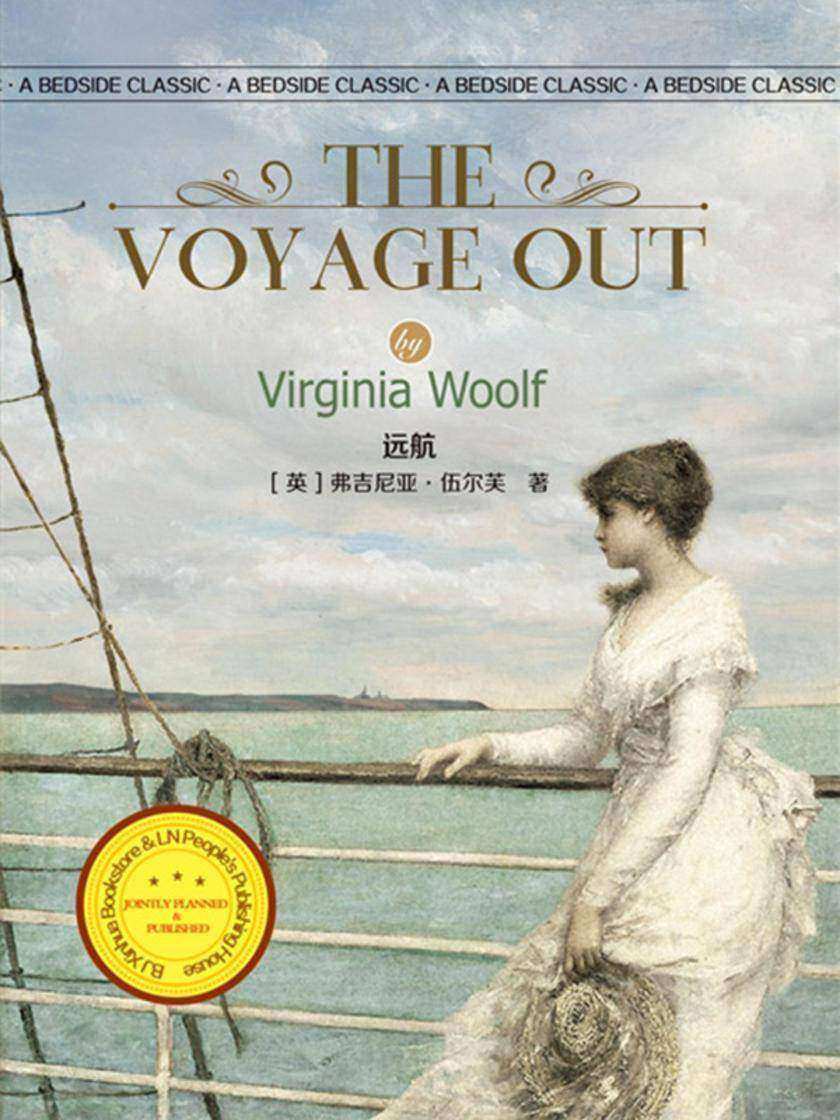
远航(英语文库)
¥16.99
·伍尔芙的*部长篇小说·对女性的成长和两性关系行了初次探讨·揭示了女主人公自我意识不断觉醒的过程
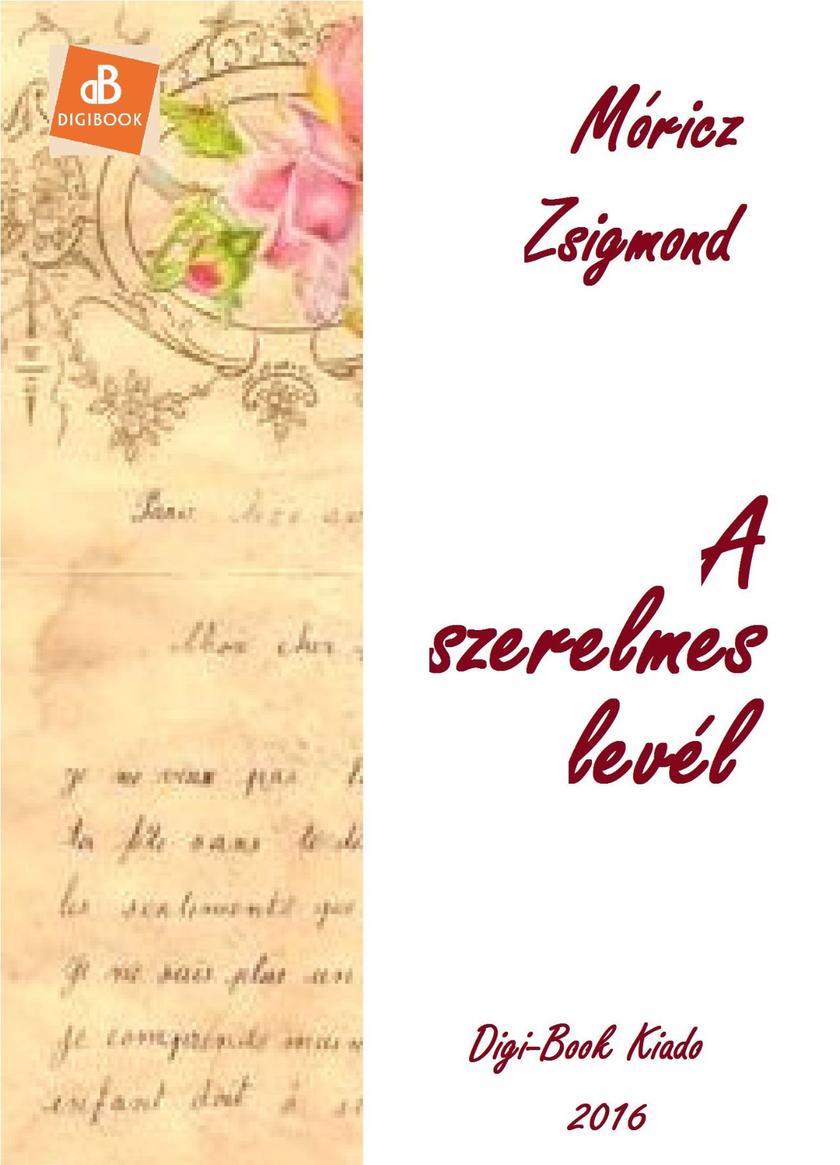
A szerelmes levél
¥17.00
A szerelmes levél

A végzetes tánc
¥17.00
A végzetes tánc
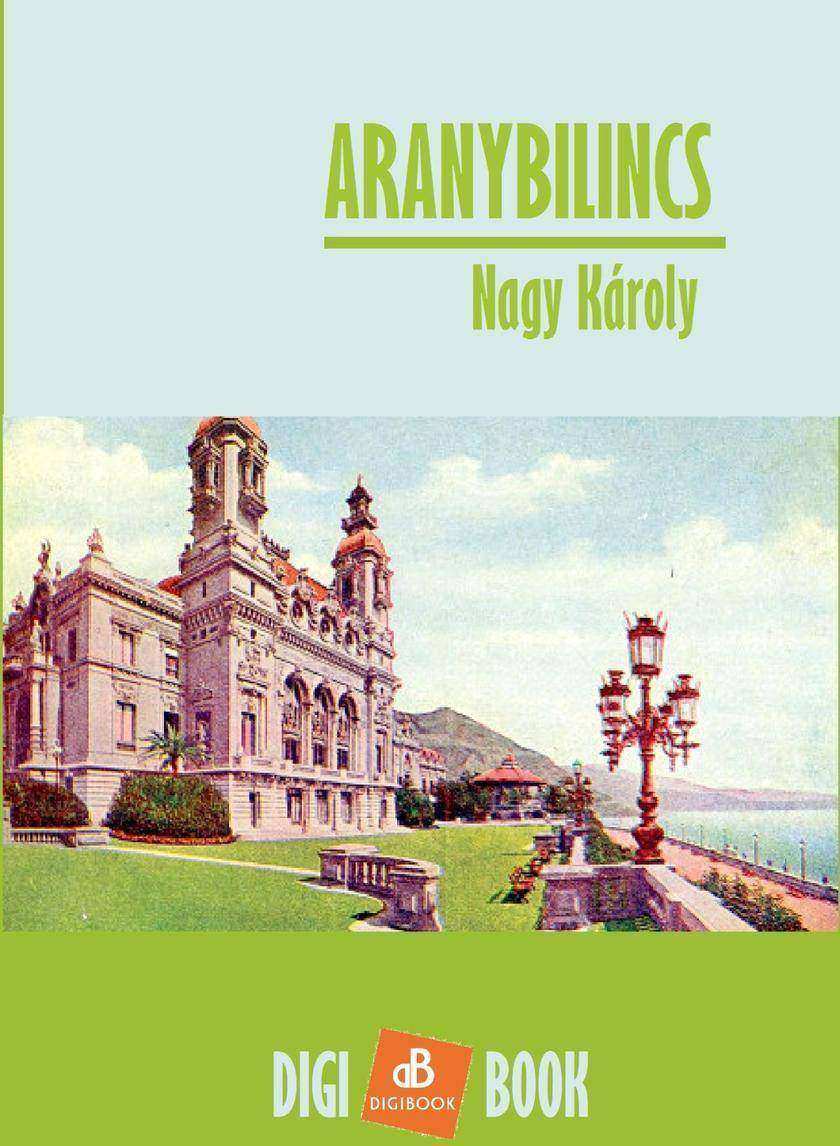
Aranybilincs
¥17.00
Aranybilincs

?lom
¥17.00
lom
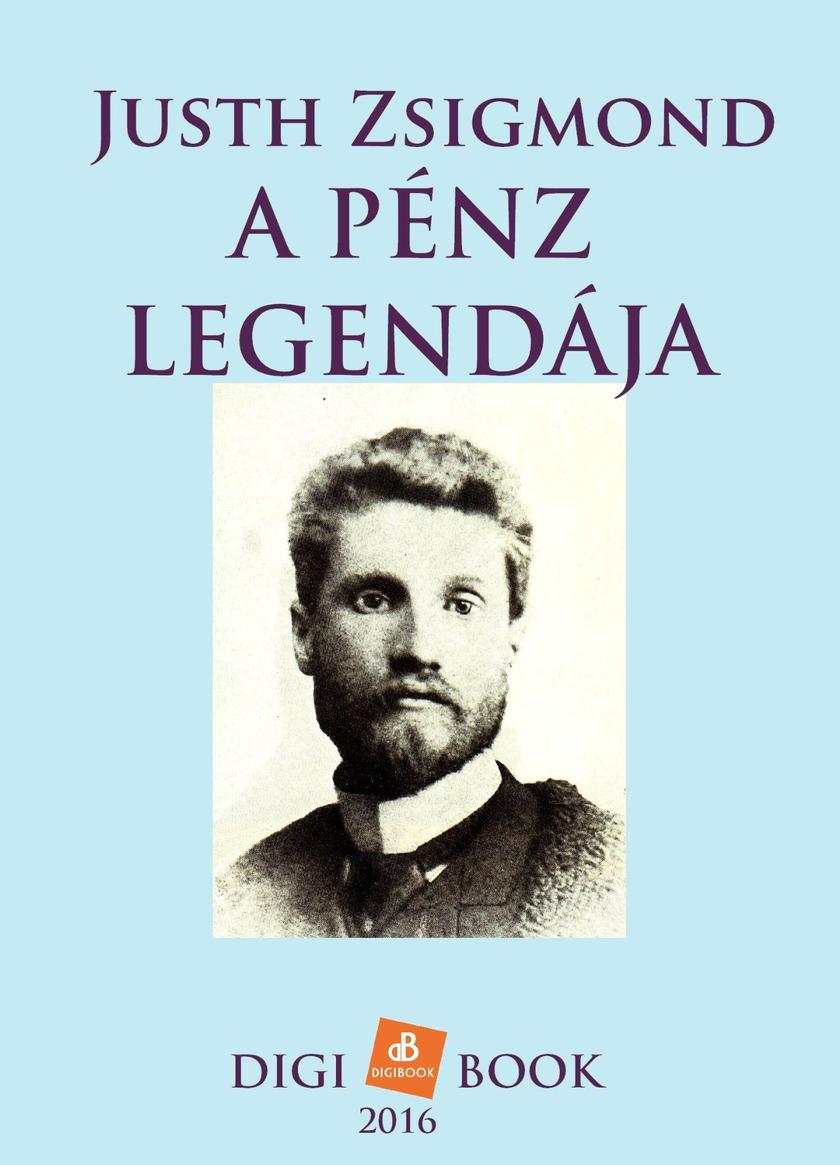
A pénz legendája
¥17.00
A pénz legendája
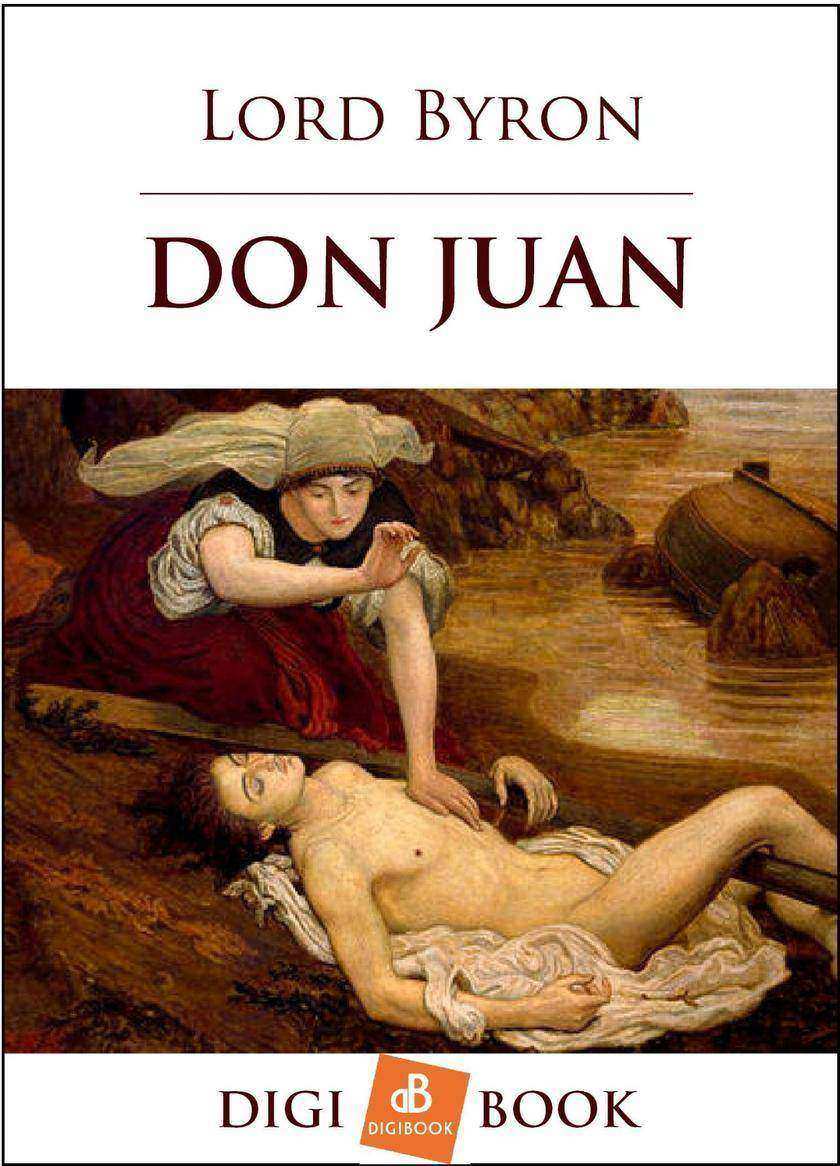
Don Juan
¥17.00
Don Juan
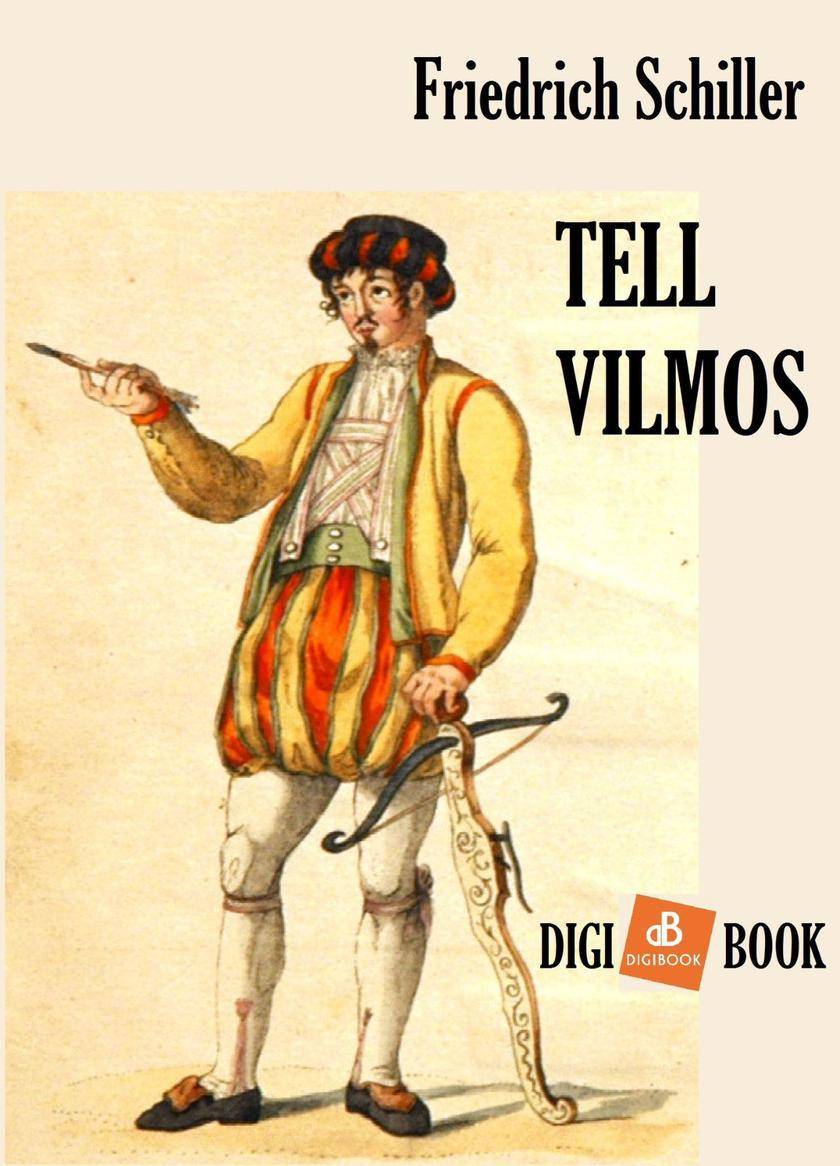
Tell Vilmos
¥17.00
Tell Vilmos
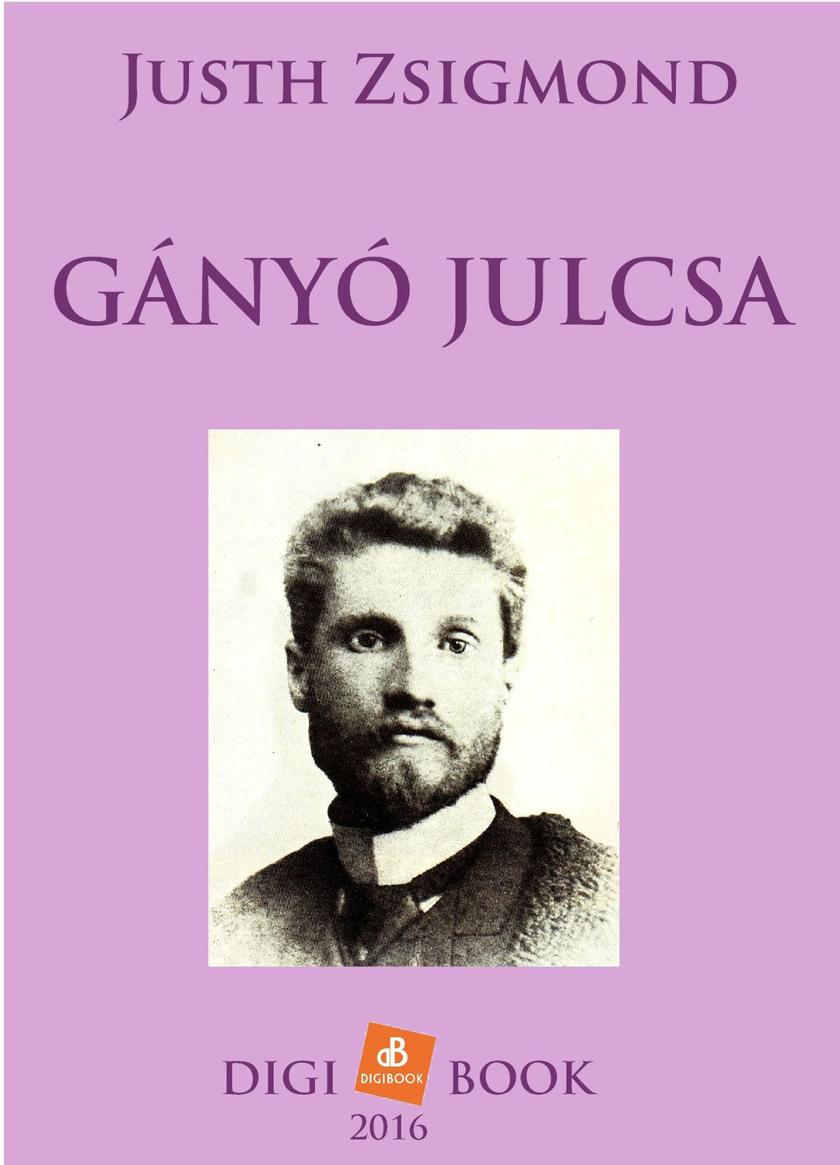
Gányó Julcsa
¥17.00
Gányó Julcsa
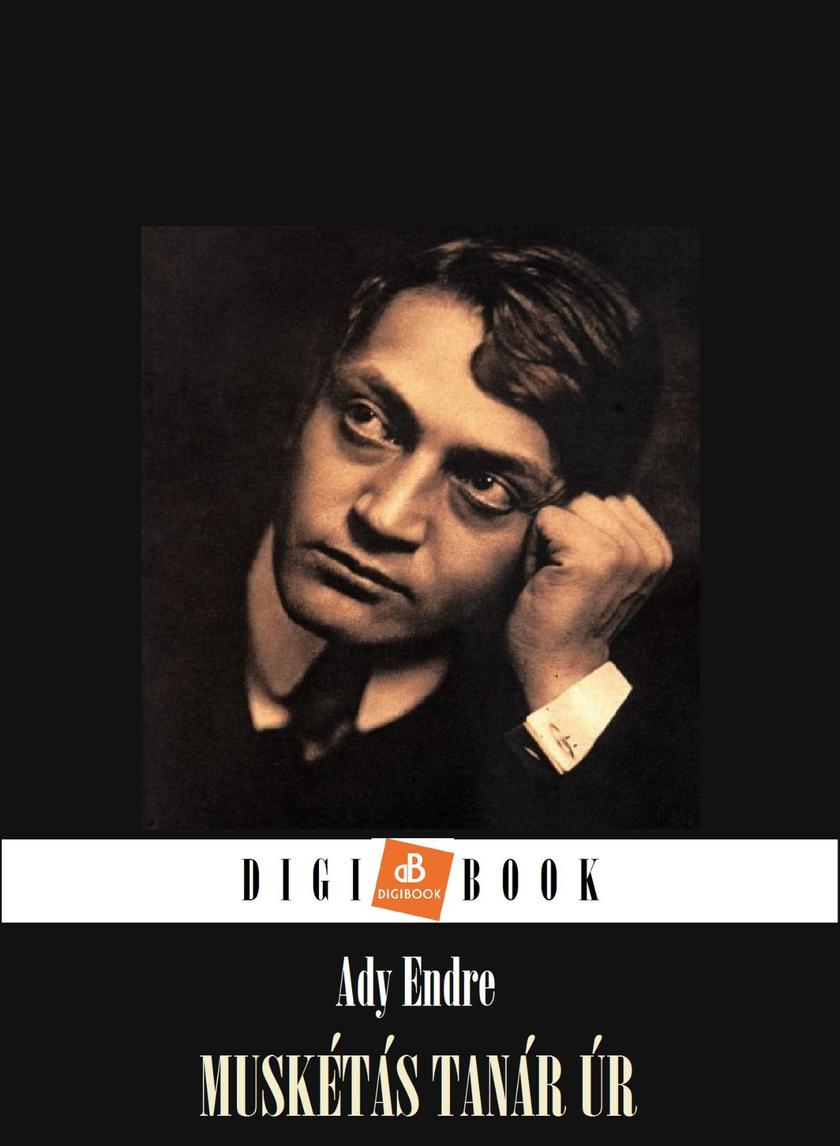
Muskétás tanár úr
¥17.00
Muskétás tanár úr
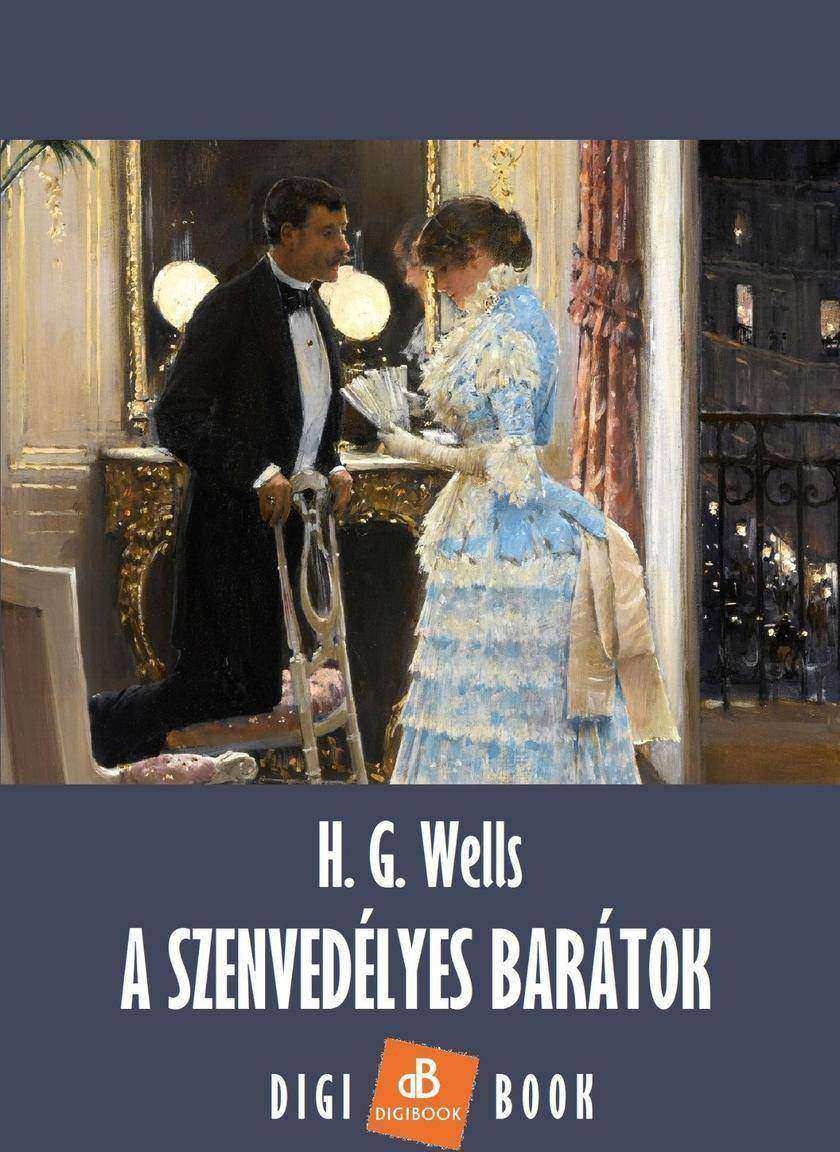
A szenvedélyes barátok
¥17.17
A szenvedélyes barátok
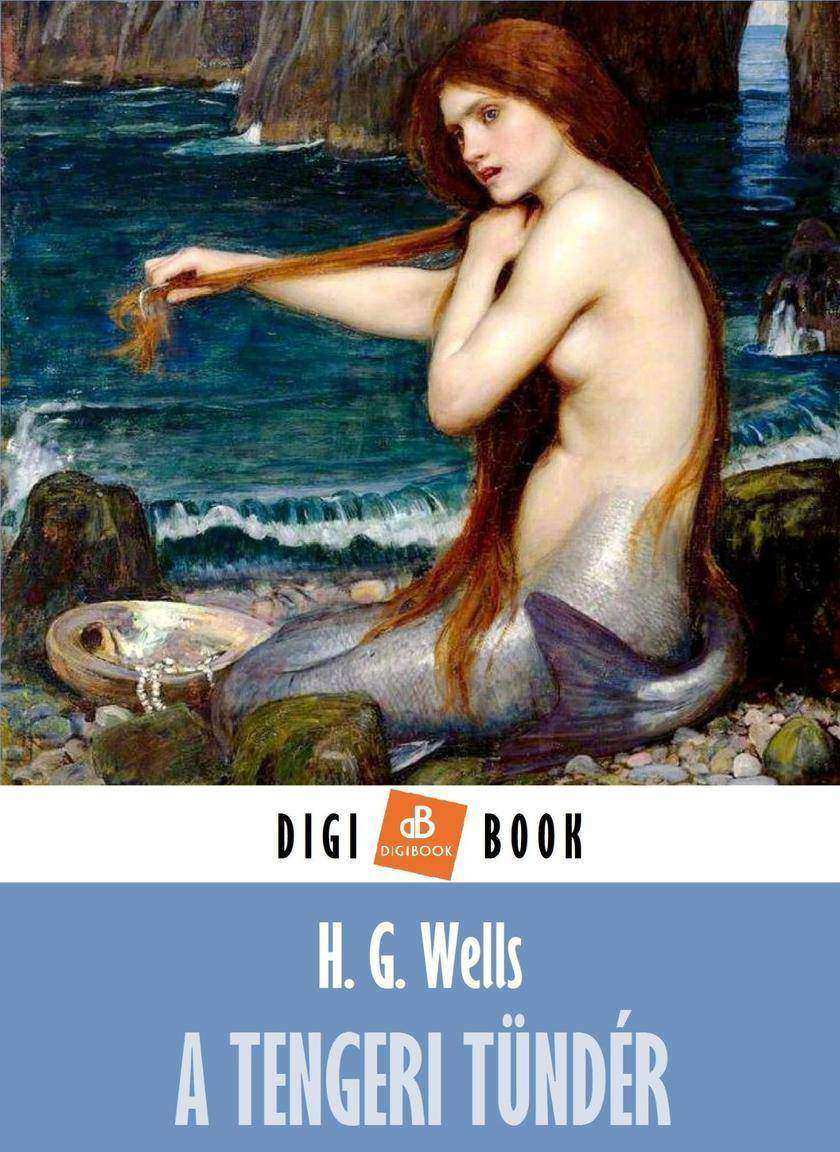
A tengeri tündér
¥17.17
A tengeri tündér
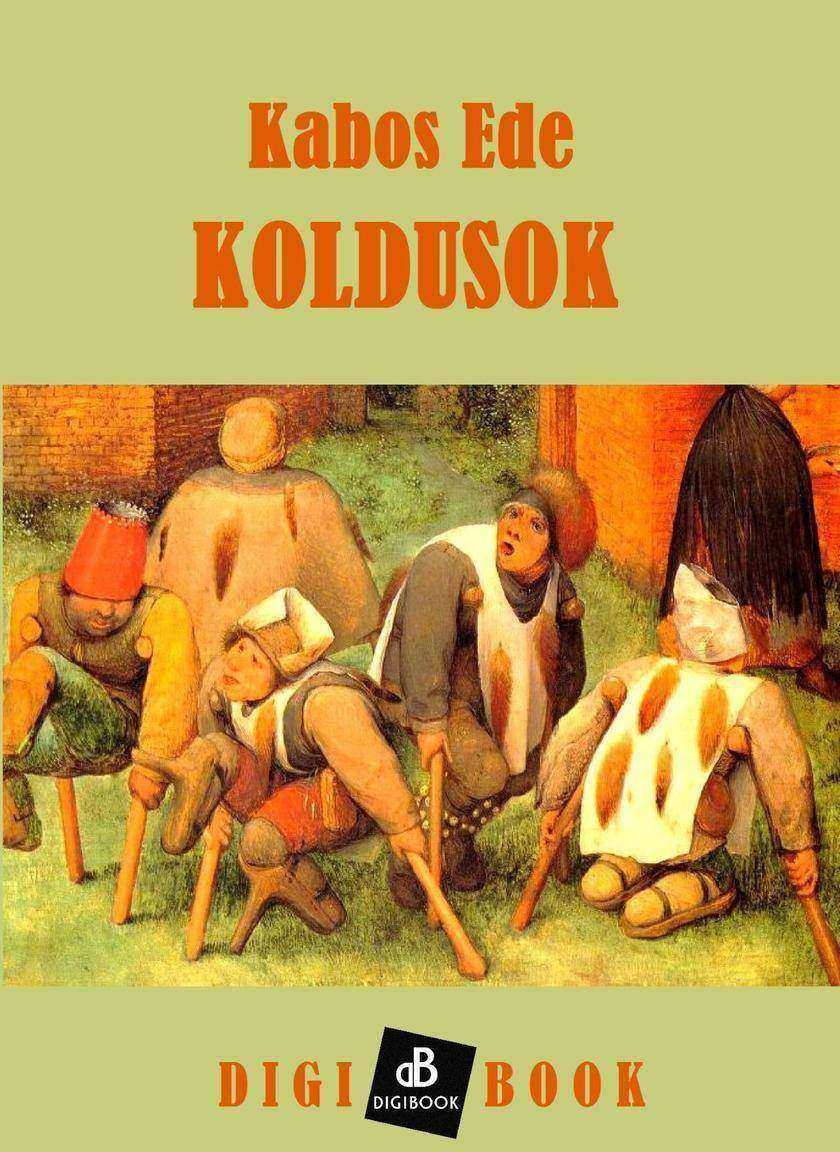
Koldusok
¥17.17
Koldusok
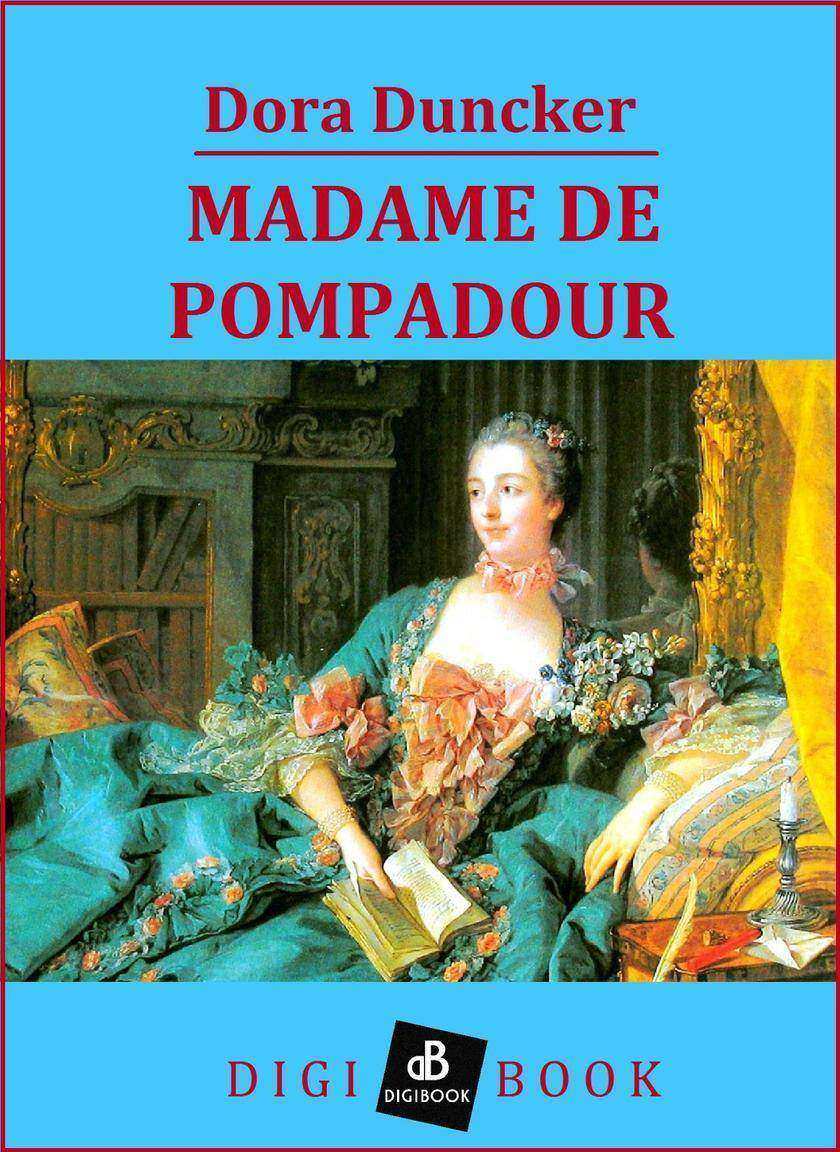
Madame de Pompadour
¥17.17
Madame de Pompadour
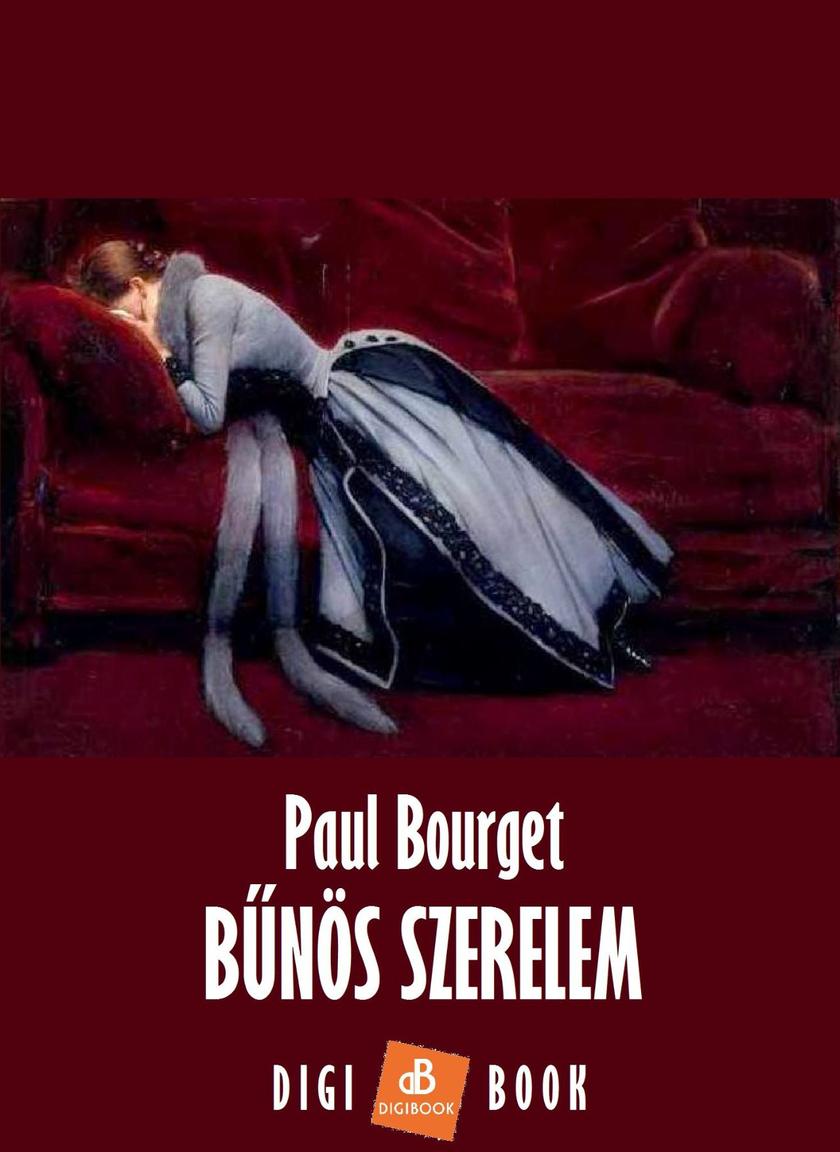
B?n?s szerelem
¥17.17
B?n?s szerelem
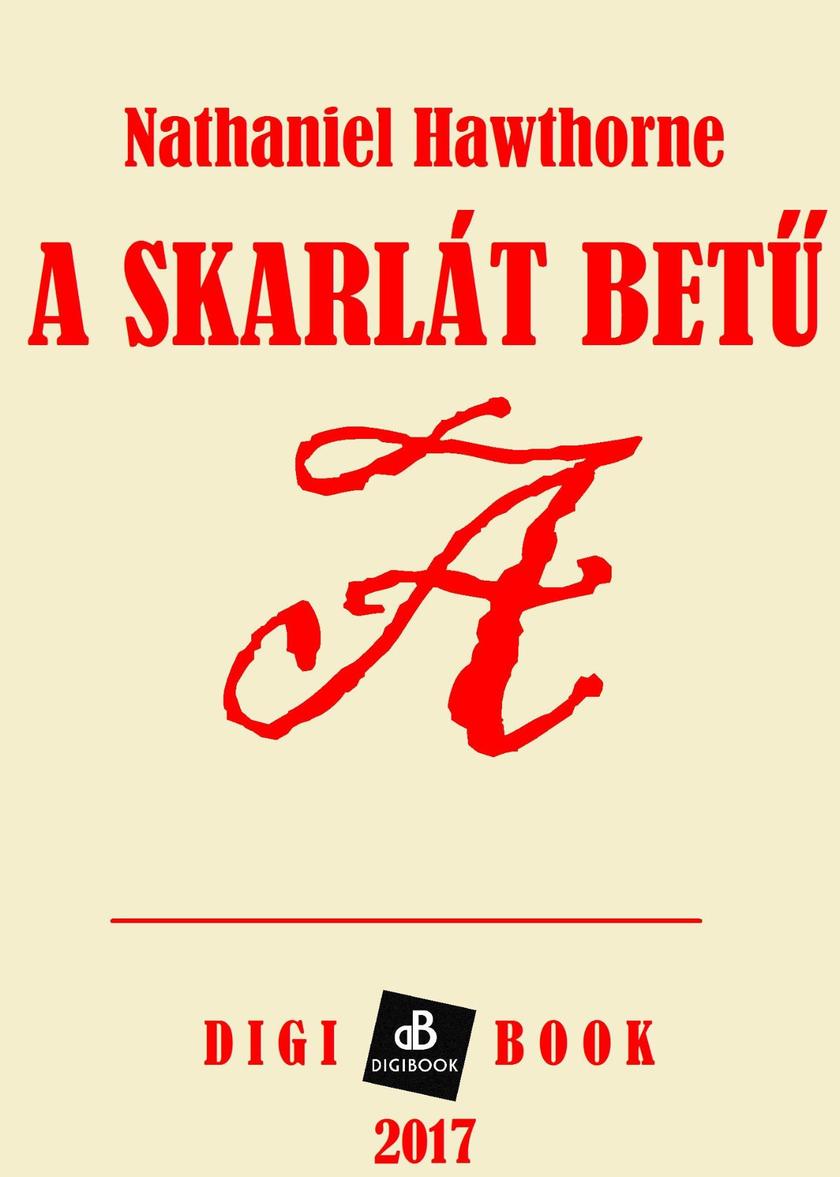
A skarlát bet?
¥17.17
A skarlát bet?
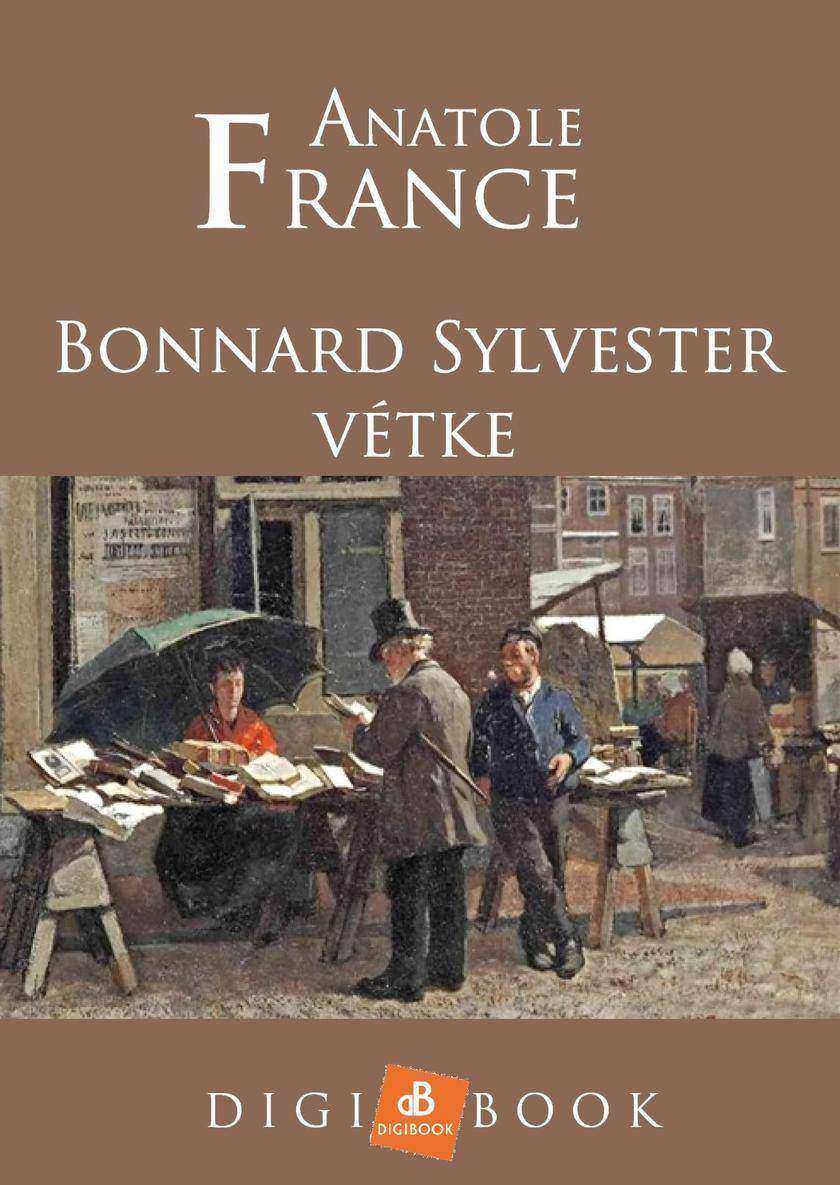
Bonnard Sylvester vétke
¥17.17
Bonnard Sylvester vétke
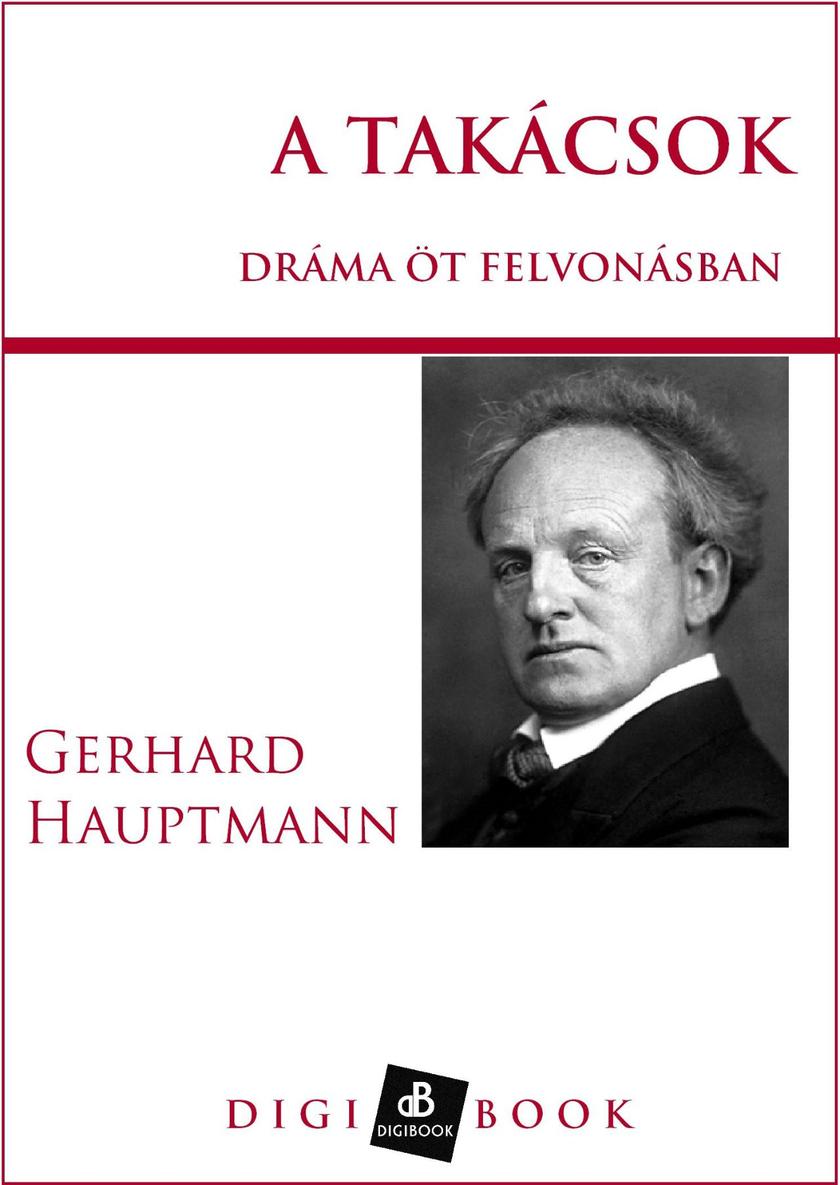
A takácsok
¥17.17
A takácsok
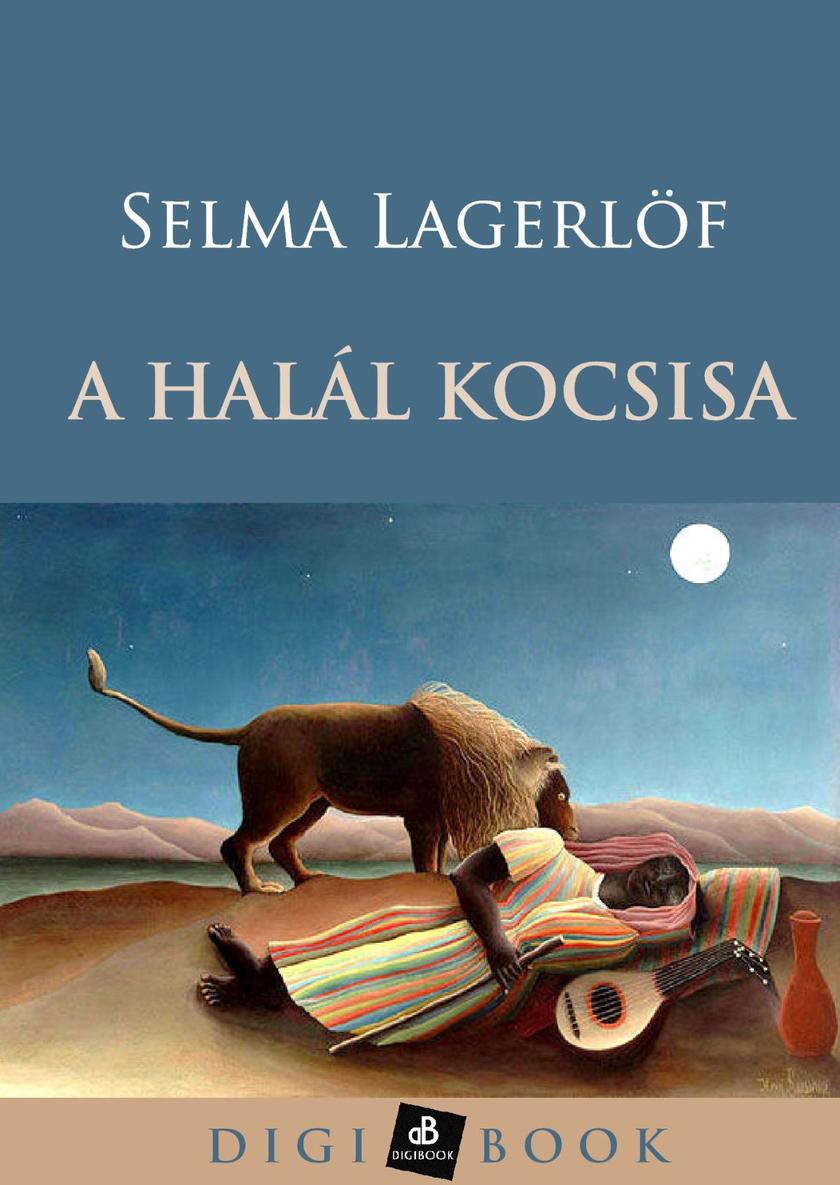
A halál kocsisa
¥17.17
A halál kocsisa
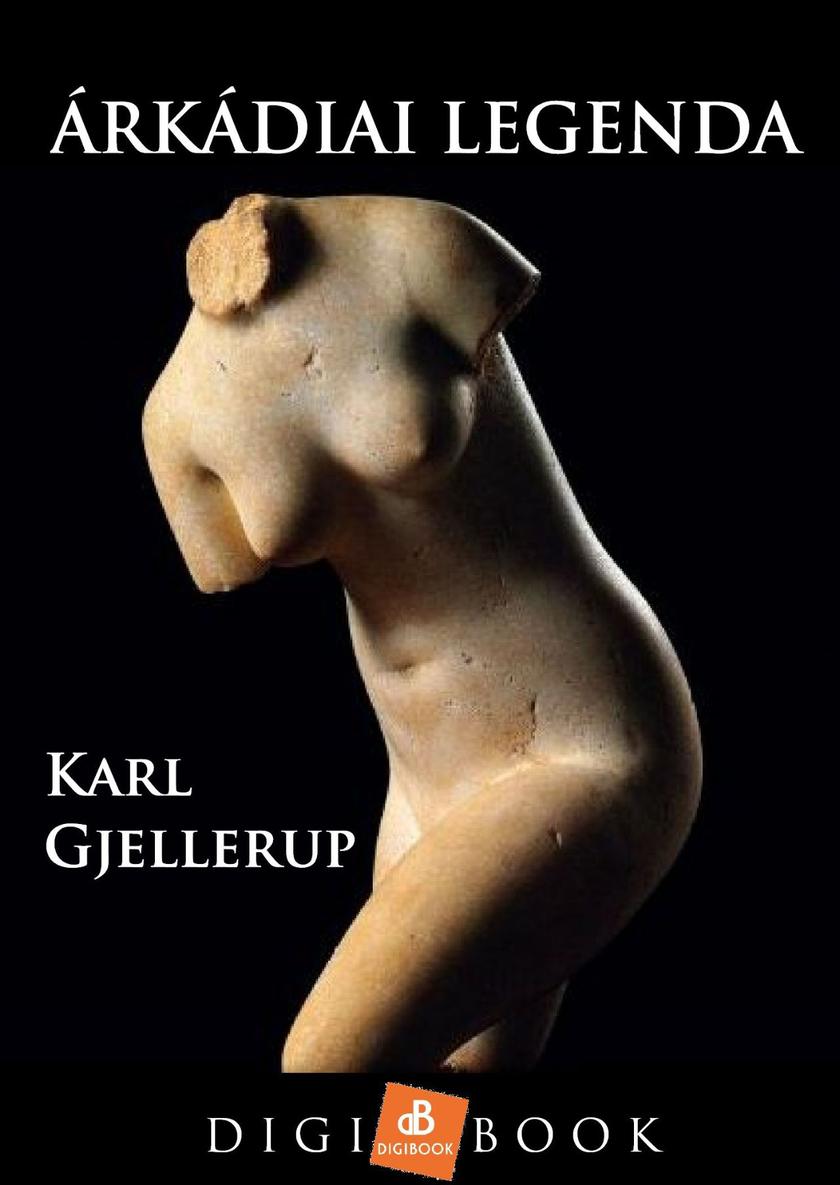
?rkádiai legenda
¥17.17
rkádiai legenda




 购物车
购物车 个人中心
个人中心



